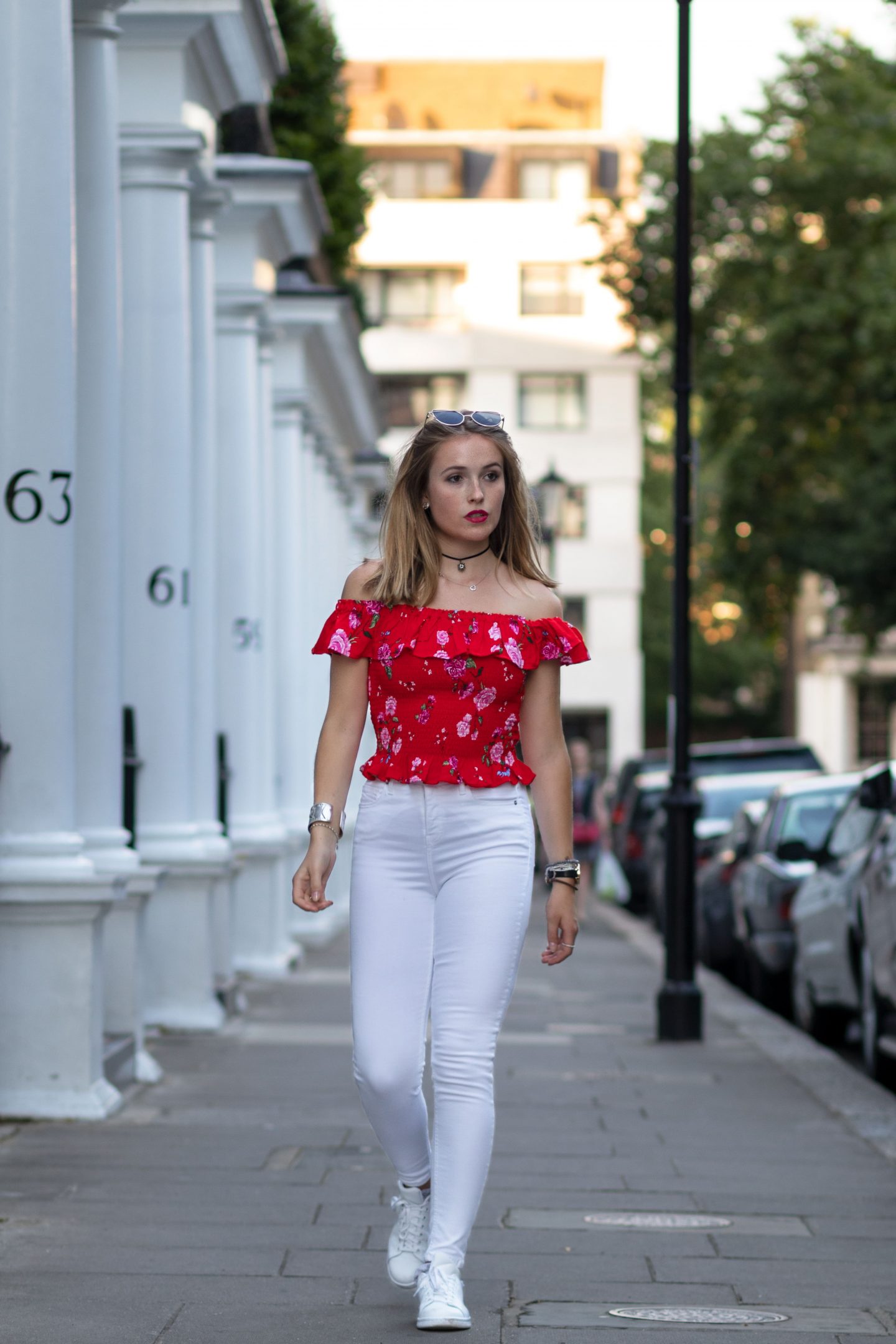 Reading Time: 5 minutes
Reading Time: 5 minutes‘Dissertation’… how terrifying is that word!? From the start of my first year studying English Lit and Drama, this concept of a 12,000 word essay was a slightly daunting prospect on the horizon. But actually, as second year drew towards an end and we were told to start thinking up a dissertation proposal, I suddenly realised an element of excitement. This was the first major academic project of my life, that would be completely and utterly my own… this meant freedom, passion, and something to really get my teeth into for a prolonged period of time.
That said, it was scary… like, what even is a dissertation!? How am I supposed to choose something so totally on my own!? I couldn’t get hold of any tutors over summer, and even if I could, who would I ask for help? I felt pretty alone and unsupported in the very first steps of my project during that summer pre-final year. I think I might have found some solace in the detailed story of somebody who’d done it already. So I guess that’s what this series is all about. (And it’s going to be a series, because I fear my story might end up just as long as my dissertation was…)
Fast forward to now, I have graduated and all the excitement and hard work has genuinely paid off. I couldn’t be happier with the result of my dissertation and its grade: it’s the piece of work I am most proud of after all my years in education. As such, I hope I have some standing and license to offer up my advice to those approaching dissertation time. (At least in the arts… don’t go asking me about anything scientific, I have absolutely zero ideas on how to approach that, sorry!)
Another quick side note- I’m not sure how to illustrate this post but I know from research that images help retain reader attention. Somehow, I think pictures of typed up paper may have the opposite effect. So I have included more outfit photos from my shoot with Craig, as with my last post. I’m struggling to find the relevance- but I guess I could point to that classic literary method of irony. In my diss I was commenting on the competition between social media and literature for attention, and in a way I’m kind of doing that here. These photos are for Instagram after all, and this post is discussing a literature degree. Lol, talk about tenuous links… how English Lit of me.
Those of you who have just finished second year, may have been challenged with starting your research over this summer. Maybe you have submitted a research question proposal, maybe that is something you are yet to do, or maybe it is something you want to change. First things first, do not stress at this stage… you have so much time ahead of you, so chill. Your research question can, and almost certainly will, progress or completely change throughout the research and writing processes. For now, just have a general area of interest… and by interest, I mean genuine interest. Don’t just pick a topic because it’s easy, or will guarantee you a great mark, or because you know loads about already so you just might as well. You’ll get bored of any of these options, trust me. Think up something you’ve maybe touched on in the past and have been intrigued by. I knew I wanted to discuss something social media related (shock) and that my interest lay with contemporary literature; so at this starting point I decided to look at the competition between the two over an attention span that I had heard was generally dwindling. (I don’t even know if that made any sense… but at this point articulating what I was intrigued by was tricky, so I guess it’s appropriate).
So then came the preliminary research stage, just to get a foundational knowledge of the research field I was entering into. You’ll want to know, generally speaking, what has been researched, proven, shown in your vague area, already. This way you can work out a gap in which you might fit. There is no pressure to find something which has never ever been done before: by all means, you can take an established idea and challenge or expand upon it. Personally, however, I found that placing myself in a research gap was super rewarding: proposing ideas that hadn’t really yet been posed was challenging and freeing all at once.
Having found your field and worked out vaguely where you may situate yourself, it’s likely that at this point you’ll be assigned your personal dissertation tutor. It’s important you get on with this person- you’ll be putting a lot of faith into their ideas, feedback and encouragement. So make sure to set up a preliminary meeting- show them you want to engage from the word go and ensure you can build a rapport with them. And if this proves tricky, maybe ask if you can change supervisors. Generally speaking though, your department will have matched you pretty well with a relevant tutor with similar interests, so make use of this. I was very fortunate with my tutor, and we got on brilliantly. Things wouldn’t have gone nearly as smoothly without her input, reassurance and constructive criticism.
And on that wild and intriguing cliff hanger, I shall end this ‘episode’. But to sum up, it’s the summer- don’t waste it by stressing over a dissertation which will end up looking so totally different than it does in your head now. Brainstorm some ideas, check what has been done already, and just prepare a staring point for your first supervisor meeting. Enjoy this- enjoy the start of (pardon the cliche) the rollercoaster to come, nothing is set in stone until you hand the thing in. So go ahead and take that leap of faith. (wow, I’m unbelievably full of cliche.)




